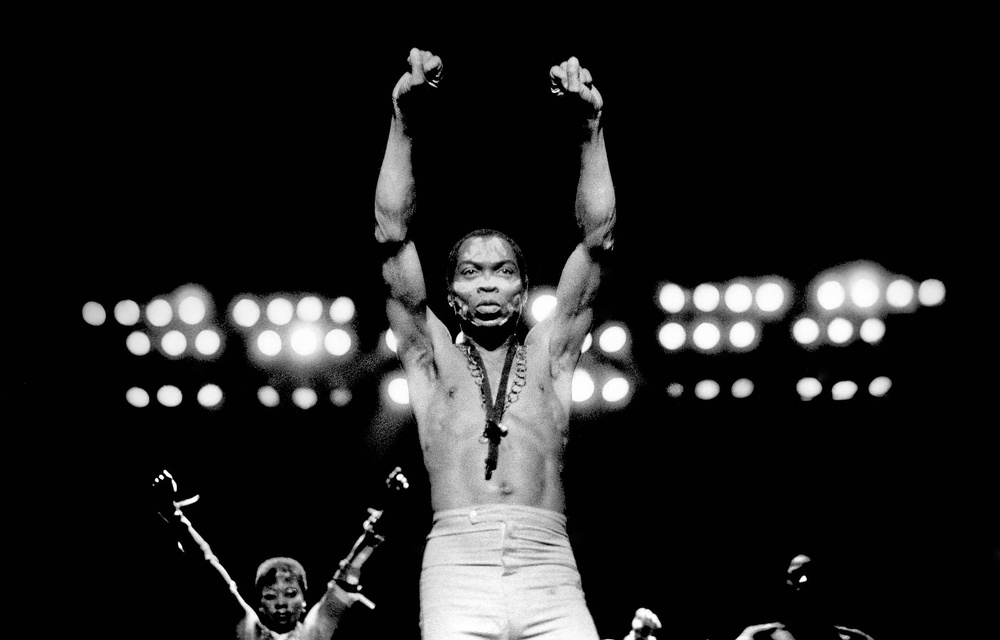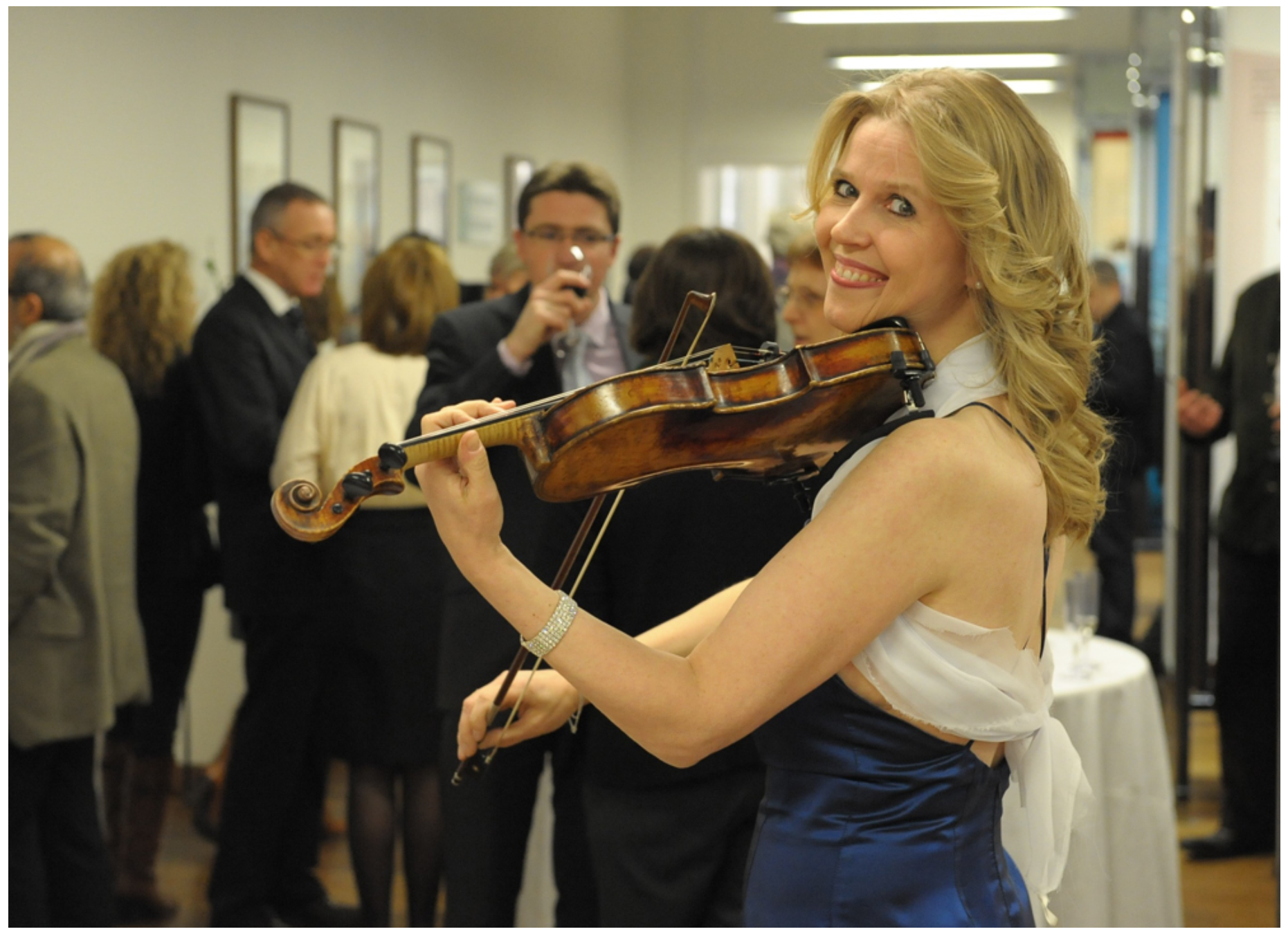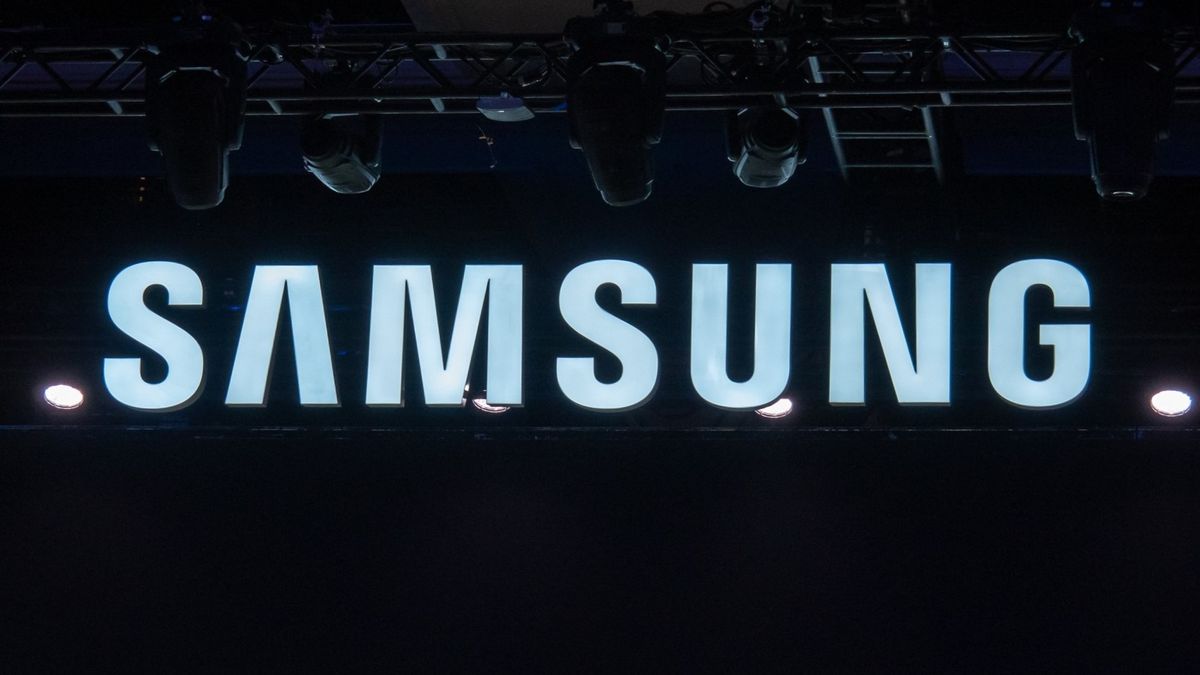Fela Kuti
As Africa closes the chapter on 2024, the year emerges as one of both resistance and collaboration.
It has been a year that could be described as the offspring of two powerful cultural anthems: Fela Kuti’s Kalakuta Show and Hugh Masekela’s Marketplace. A year teeming with youth-driven resistance, echoing the indomitable spirit of the Kalakuta Republic. A movement against state repression that has taken root in nations such as Kenya, Nigeria, Ghana, Zimbabwe, Senegal and, more recently, Mozambique — the second Arab Spring, perhaps.
Synchroniously, the year has been one where conflicts in the Democratic Republic of the Congo, South Sudan, Somalia, Ethiopia and the Sahel region have persisted, and in some cases, escalated. These crises cast a long shadow over the continent.
It has also been a year of collaboration and new horizons — much like the vibrant exchanges of Marketplace, where possibilities are limitless and partnerships flourish. The launch of the African Continental Free Trade Area (AfCFTA) saw the economies of Nigeria and South Africa commencing trade, spearheading the charge toward intra-African trade. Transcending borders and potentially reshaping the continent’s economic architecture.
Meanwhile, Africa’s relationship with China flourished further, evidenced by the $50 billion pledge made by President Xi Jinping at the Forum on China-Africa Cooperation, reinforcing the notion that Africa remains “an all-weather friend” to China.
The year also witnessed a reshaping of alliances, with Brics expanding to welcome Egypt and Ethiopia, rendering three of Africa’s top four largest economies as part of the bloc. This move, marking a pivotal moment in Africa’s geopolitical presence, speaks to the continent’s growing weight in global matters.
These events are not exhaustive but a glimpse. They offer threads of reflection as we stand at the year’s edge. Yet, it is the horizon of 2025 that calls us forward.
The AU Commission elections are set for early February 2025. These elections will determine the top eight senior leadership positions in the commission, which serves as the AU’s secretariat, responsible for executing decisions, coordinating among member states and driving the continent’s key programmes.
The candidates for the post of chairperson include Kenya’s Raila Odinga, Somalia’s Fawzia Yusuf Haji Adam and Djibouti’s Mahamoud Ali Youssouf. This cohort is uninspiring. Not only are all the candidates male, but they also share a median age of 68, with Odinga, the favourite, turning 80 just before the election. In the youngest continent in the world, where about 75% of the population is under the age of 35, the incongruity of such choices is staggering.
How can the African Union continue to position itself as a progressive, forward-thinking body when its leadership is overwhelmingly dominated by the “old guard”? The rhetoric of “youth is Africa’s future” rings hollow when the AU’s highest offices remain occupied by figures whose relevance to the youth movement is increasingly questionable.
With 2025 on the horizon, a year with the potential to solidify Africa’s geopolitical gains and advance its developmental aspirations, the stakes could not be higher.
Consider South Africa’s assumption of the G20 presidency in December 2024 — a momentous responsibility that casts a spotlight on the continent. A position that will see South Africa host pivotal events, including the Financial Track in Cape Town and the summit in Johannesburg. These are not merely ceremonial gatherings; they are opportunities to fortify South Africa’s and the continents standing in global economic diplomacy, attract foreign direct investment and forge innovative collaborations.
Africa’s role in these dialogues extends beyond South Africa. The AU, as a G20 member, is involved. This moment demands a leadership capable of visionary coordination between the AU and its host. It requires a concerted effort to ensure that Africa’s collective voice — a voice representing its youth, the majority stakeholders in its future — resonates in these discussions.
Can we say with confidence that Africa is poised to seize this opportunity? The structures of leadership seem tethered to old paradigms, lacking the dynamism and foresight needed to convert potential into progress. Neither the AU Commission chairpersonship nor the G20 presidency are merely diplomatic accolades; they are a call for bold, strategic action. But where is the imagination to leverage this moment in service of the continent’s broader agenda?
This troubling situation seems destined to persist, especially as another potentially transformative gathering arises in Angola in 2025. The circumstances could scarcely be more precarious, set against a backdrop of economic retreat from the United States, as signalled by the Trump administration’s shifting stance on Africa, and the spectre of a trade war between the US and China. China, in contrast, continues to assert its influence, deepening diplomatic and economic ties across the continent. This complex and volatile landscape demands a level of leadership capable of navigating both the geopolitical shifts and Africa’s pressing developmental needs.
The AU’s leadership structure, as it stands, is neither fit for purpose nor in tune with the rapidly changing global dynamics. The laws governing candidacy in the AU must be re-examined, not simply for their procedural fairness but for their capacity to foster leadership that is both reflective of contemporary Africa, capable of navigating the realities of a multipolar world and agile in addressing its diverse problems.
As 2025 approaches, Africa’s future will be shaped by the leadership decisions of today. While the continent faces mounting problems, there is a glimmer of hope in the rise of youthful leaders — such as President Bassirou Diomaye Faye of Senegal and Botswana’s election of Duma Boko.
These shifts in leadership echo the spirit of Fela and Masekela — voices calling for change and revolution. The wind of change is gaining strength. In the hands of the youth, Africa may successfully navigate the complexities of 2025 and beyond with vision and resolve.
Dumoluhle Mazwemzini G Moyo is a columnist, creative, author, emerging scholar and researcher with a focus on African law(s), youth advocacy in policy and decision-making and African integration and regionalism.




















Discussion about this post